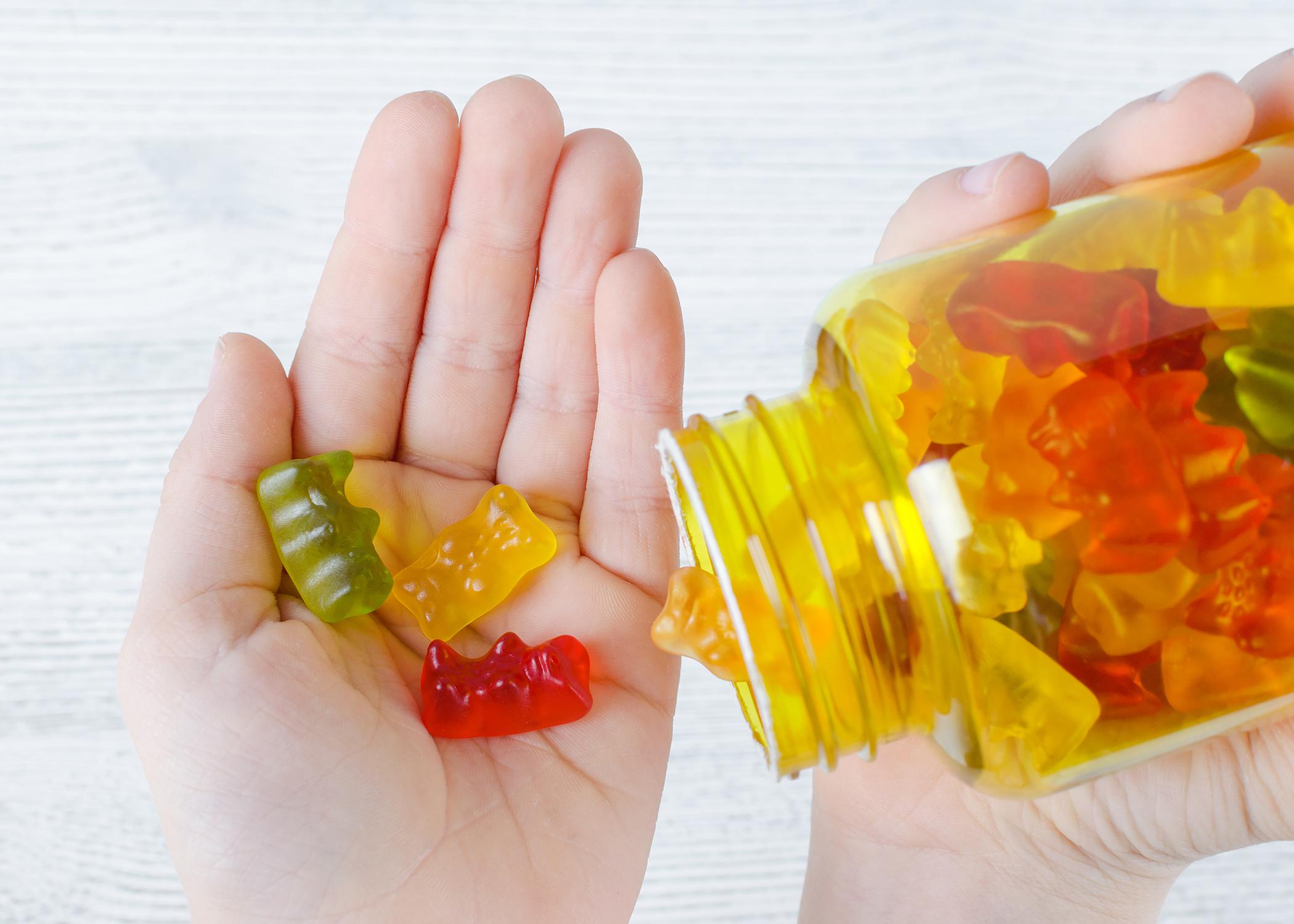Information Possibly Outdated
The information presented on this page was originally released on August 3, 2022. It may not be outdated, but please search our site for more current information. If you plan to quote or reference this information in a publication, please check with the Extension specialist or author before proceeding.
Store medications properly to avoid accidental ingestion
RAYMOND, Miss. -- Over-the-counter medications and supplements seem safer than prescription drugs, but a dramatic rise in pediatric melatonin overdoses serves as a warning that these products can be dangerous and must be stored safely.
A recent study by the Centers for Disease Control and Prevention found a 530% increase in melatonin overdose in children from 2012 to 2020. Most of these ingestions were unintentional and occurred among children 5 or younger in their homes.
While this study focused on melatonin, other studies generated data pointing to an increase in overdoses from various sources, including other supplements, medications and controlled substances, said Lori Staton, a human development and family science specialist with the Mississippi State University Extension Service.
“Overdoses in children have been on the rise,” said Staton, who is also an associate professor in the MSU School of Human Sciences. “People can easily get supplements over the counter, and many come in gummy form. To a child, that looks and tastes like candy.”
Proper storage is important to help avoid accidental ingestion, said David Buys, Extension health specialist.
“We recommend for the safety of those taking medicines and others who may be in the home, such as young children, guests or pets, people should keep their medicines in their original containers and up, out of sight and out of reach.
“Of course, you need to get the prescription drugs stored out of reach, but other items you have, like supplements and vitamins, matter just as much,” Buys said. “Think about anything you might have around the house that could be potentially harmful to those who get it but aren’t supposed to -- that bottle of acetaminophen, vitamin C on the kitchen counter, or antacid you’ve got on the bedside table.”
Buys said keeping these items in a medicine cabinet or another out-of-reach area can work in some households. People with young children may need to consider using child safety locks on cabinets. For those with older children or guests coming into the home, it may be a good idea to use a lock or lock box.
Staton points out that many consumers do not realize that the Food and Drug Administration has limited oversight of supplements. It is the manufacturer’s responsibility to ensure the safety and legality of their products. The FDA cannot approve a supplement or its labeling; its authority is limited to removing mislabeled or contaminated supplements from the market.
“Supplements are not regulated by the FDA like medications,” Staton said. “The amount of ingredients could vary across manufacturers. For many supplements on the market, you don’t have a good way to know whether it contains the actual drug listed on the label, how much of the actual drug it contains, if the active ingredient can be absorbed by the body, and whether there are any impurities, such as heavy metals.”
Some supplements are tested by U.S. Pharmacopeia, an independent, nonprofit scientific organization that establishes minimum quality standards for medications, supplements and food. Pharmacopeia’s seal appears on supplements it has tested and verified.
If people do choose to use these products, Buys urges them to always consult a health care professional before beginning a supplement, regardless of brand or type.
“This is essential because some supplements, including vitamins, can interfere with medications,” he said. “Your physician, nurse practitioner, physician’s assistant or pharmacist should be able to help you determine what supplements might be a good match with other medicines you’re already taking and which ones to avoid.”
While people may be tempted to use an over-the-counter sleep aid, such as melatonin, Staton said it is best to avoid these substances. Instead, she recommends concentrating on good sleep hygiene.
“Getting enough quality sleep on a regular basis is important for our physical, cognitive, social and behavioral health,” she said. “Start with creating a bedtime routine and keeping a regular sleep/wake schedule, even on the weekends.”
A healthy bedtime routine includes a consistent, repetitive set of activities done every day a half-hour to an hour before bedtime. Activities shown to benefit sleep for children include reading, taking a warm bath, having a nutritious snack and talking about their day. For adults, beneficial activities include journaling, reading, yoga, meditation and listening to music.
It also helps to follow sleep hygiene rules, such as keeping the bedroom dark, cool and quiet.
For more information about sleep hygiene, download Extension Publication 3008, “Sleep: As Important as Diet and Exercise for All Ages,” at https://bit.ly/3zWNSIw.
Staton recommended the following websites for more information on sleep hygiene:
http://www.sleepfoundation.org
http://sleepeducation.org/
http://www.sleepforkids.org
http://www.sleepnet.com/slplabs.htm
http://www.sleepcenters.org
http://www.sleepresearchsociety.org






